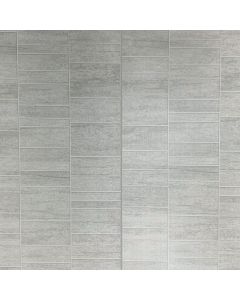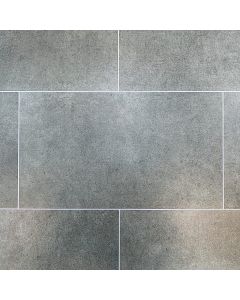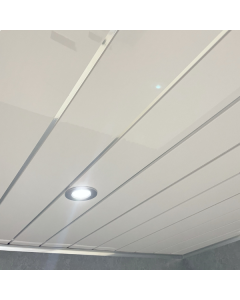
Natural Homemade Cleaning Products For Wall Panels
Although bathroom wall panels made of PVC are easy to clean, you should avoid using abrasive or heavy-duty cleaners on the panels - especially on wall panels to hide tv wires. Natural, homemade cleaning products are a great way to protect your home against bad bacteria but are also a lot better for the environment.
Environmental concerns are more prominent than ever, so more and more people are considering the effects that the products they use have on the environment. There are many benefits to using natural or homemade cleaners, and with a bit of elbow grease, they can be just as successful as their chemical cleaner counterparts.
Abrasive and corrosive free cleaners are not only safer to use around children, pets and garden or greenhouse areas, but can also reduce the chances of rashes and allergies in children under 12. Read on for a recipe of our homemade all-purpose cleaner.
The benefits of natural cleaners
Kinder on the skin
If you or someone in your family suffers from a skin condition, the cleaners that you use in the home could be exacerbating this. From laundry detergent to bleach and drain cleaner to floor cleaner, any opportunity where the skin could come into contact with chemicals could be a cause for irritation.
The same can be said for air fresheners and other cleaning sprays, which allow chemicals to settle on surfaces and are then transferred to the hands and other parts of the body when touched. When you use a fragranced cleaner, you’re also polluting the air that you breathe inside the home with chemicals.
Natural cleaning products use ingredients that you probably come into contact with regularly, including baking and cooking products, so you’ll already know that you won’t react badly to them.
Better for the environment
Some of the worst ingredients in chemical-based cleaning products, including phosphorous, nitrogen, and ammonia, can get into the water supply and pollute streams, rivers and oceans. It’s no secret that the environment and our natural resources are under threat. Using natural ingredients instead of poisonous ones can help protect and preserve animal and plant life.
Most chemicals also need to be contained in plastic packaging that doesn’t break down easily which is why the packaging for cleaning products is not always recyclable and is rarely biodegradable.
Replace your chemical cleaners with these ingredients:
Bicarbonate of soda
Otherwise known as baking soda, bicarbonate of soda is a sodium bicarbonate which is a naturally occurring substance present in all living things. In nature, it helps living organisms to maintain the PH levels that they require.
As a cleaning product, it can be used in the following ways:
Mild Abrasive
Bicarbonate of soda is well known for being abrasive enough to remove dirt, stains, and even scratches, without scratching the surface it has been put to work on. This is why it’s one of the key ingredients in toothpaste.
Deodoriser
Commonly used to freshen up drains, dishwashers, fridges, bins, and microwaves, bicarbonate of soda is a tried and trusted deodoriser, which will do a great job at keeping your bathroom or kitchen odour free.
Stain Remover
Hair dye, soap, conditioner and marks from other kinds of build-ups and stains can all be removed using bicarbonate of soda.
Castile Soap (or veg oil-based liquid soap)
Castile soap is known today as any vegetable oil-based soap, which makes it difficult to decide which are the chemical free ones. Ideally, a liquid or bar should contain only three ingredients – oil, distilled water, and either potassium or sodium hydroxide or lye.
White vinegar
Vinegar’s acidity is what makes it such a good cleaner. Combine vinegar, water, and bicarbonate of soda to tackle your worst stains and soapy or mineral build ups.
Essential oils
Each essential oil comes with its own set of properties, meaning you’ll have to pick which ones fit the cleaning job you’re tackling. For the purpose of cleaning bathroom panels, we’d recommend using citrus oils such as lemon, orange, and grapefruit. To add a disinfecting kick to the mix, try tea tree oil.
DIY Shower Cleaner
- 200g baking soda
- 120ml castile soap
- 120ml water
- 2 tablespoons white vinegar
Combine the ingredients in a bowl and stir to combine. Apply mixture to the bathroom panel with a cloth and rub it in a circular motion. Rinse well with the shower head and wipe well with a new cloth.

























